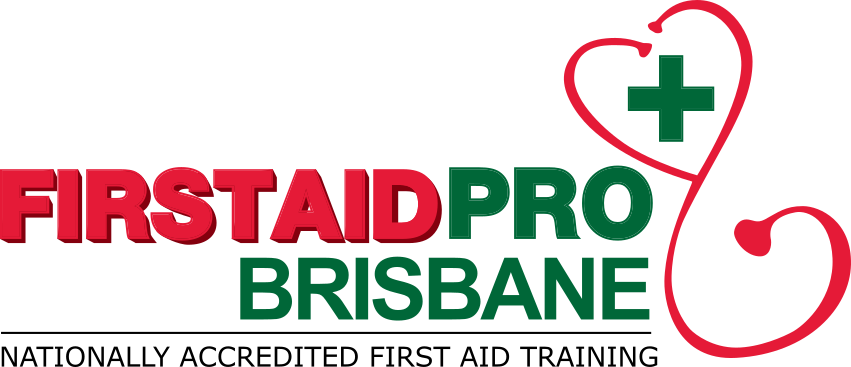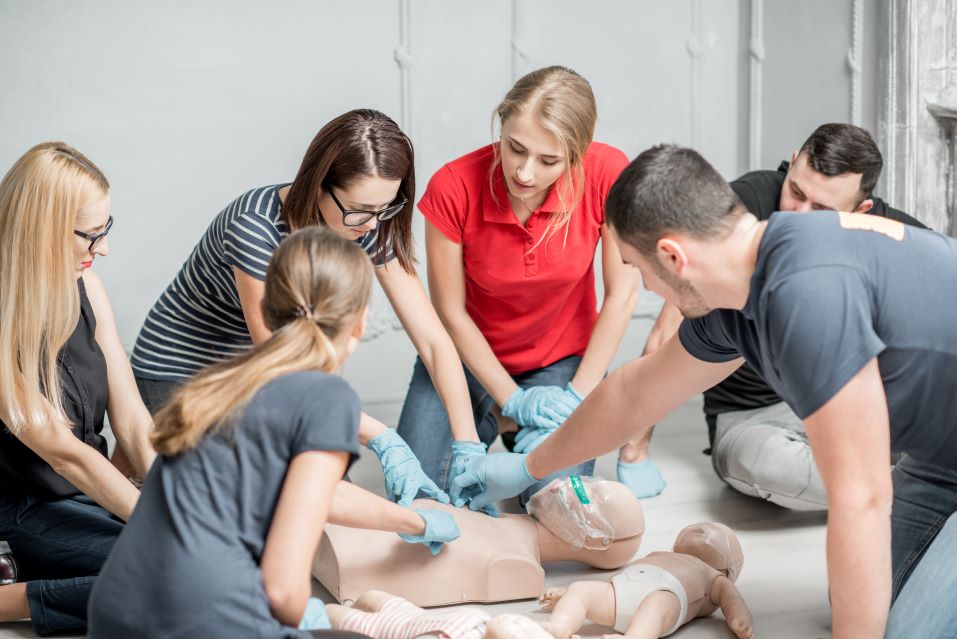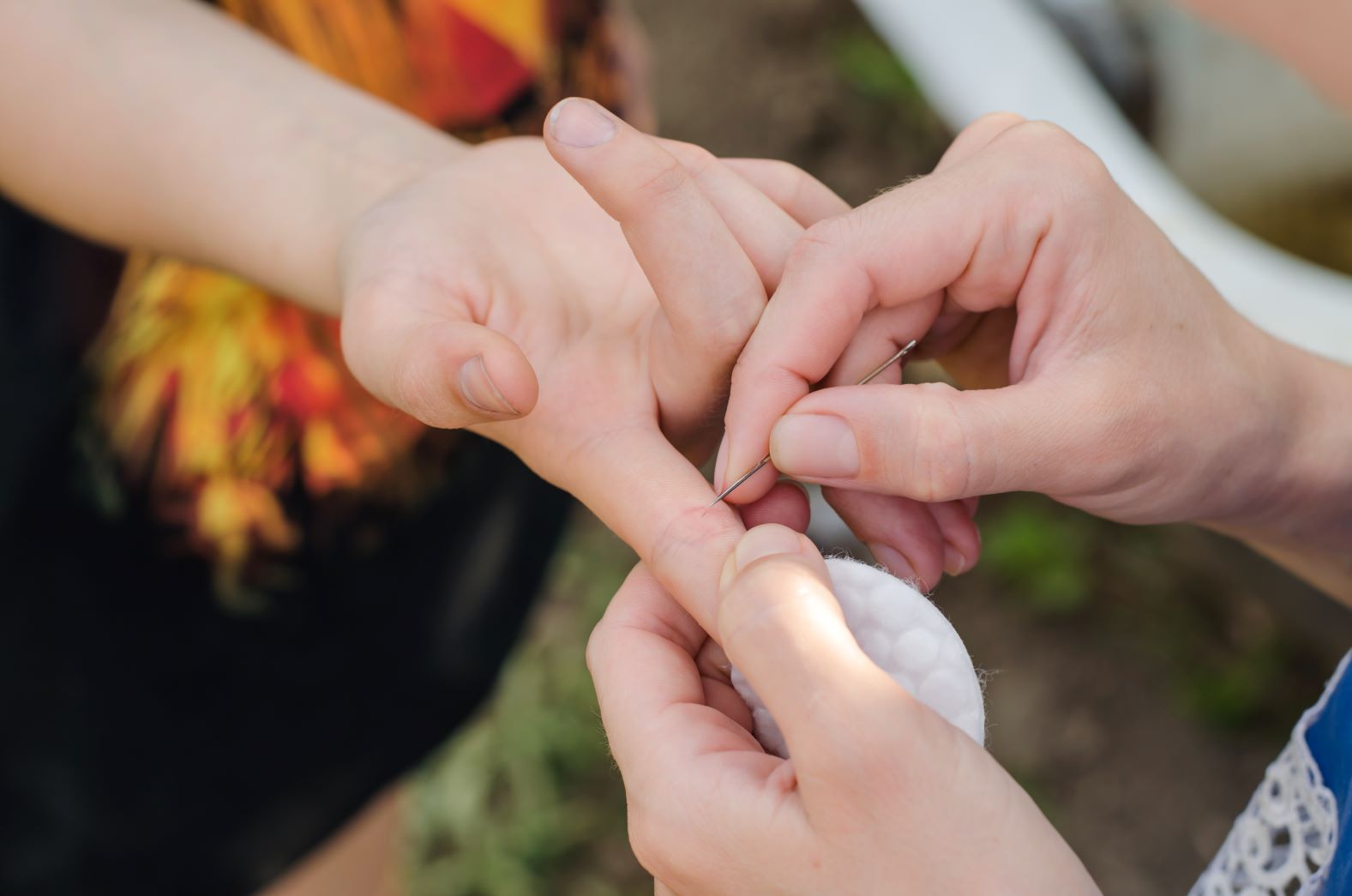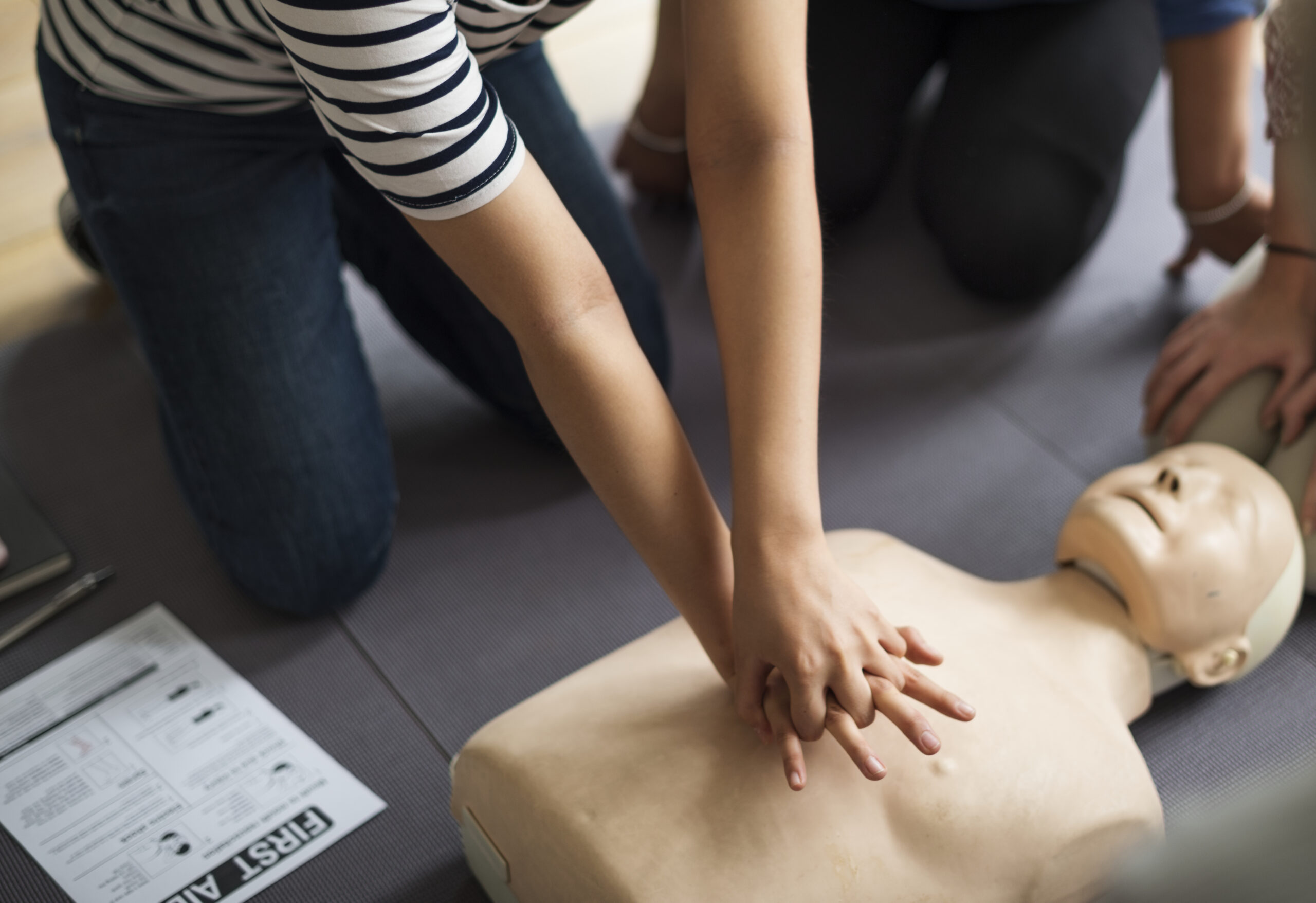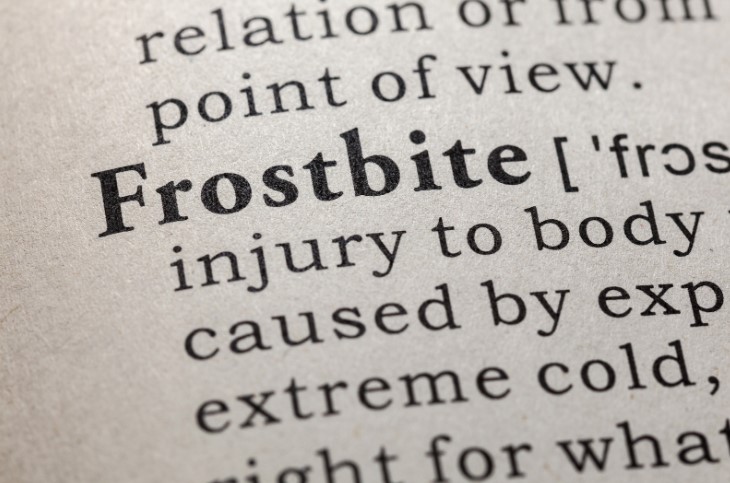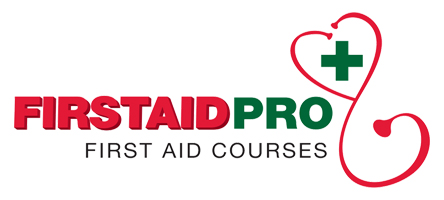Understanding the significance of first aid is vital in a world where accidents and emergencies are unpredictable. While the risk of injury, illness, or trauma is ever-present, the most proactive step individuals can take is to be equipped with the necessary skills to respond effectively when unforeseen events occur.
Many people hesitate to learn first aid due to various reasons, including the fear of making mistakes, misconceptions about the cost of training, lack of time, or uncertainty about where to find proper training. However, the difference between being trained and untrained in first aid is substantial. A trained individual not only has the potential to save lives but also brings confidence and clarity to emergency situations, whereas an untrained person might find themselves overwhelmed and uncertain.
First Aid Training – Easy, Affordable and Vital
Completing a first aid training course is a manageable commitment, often requiring just a few hours, but the knowledge and skills acquired can be incredibly impactful in crisis situations. This training is not expensive and empowers individuals with the necessary tools to handle emergencies confidently.
For those ready to take this essential step towards safety and preparedness, registered training organisation First Aid Pro Brisbane, offers nationally recognised training, led by experienced trainers with same day certification. Not only does this training provide life-saving skills, but it also addresses the common apprehensions about learning first aid.
We will now explore the top 8 reasons why first aid training is crucial, emphasising the life-changing impact and the ease of acquiring these skills.
The Lifesaving Impact of First Aid
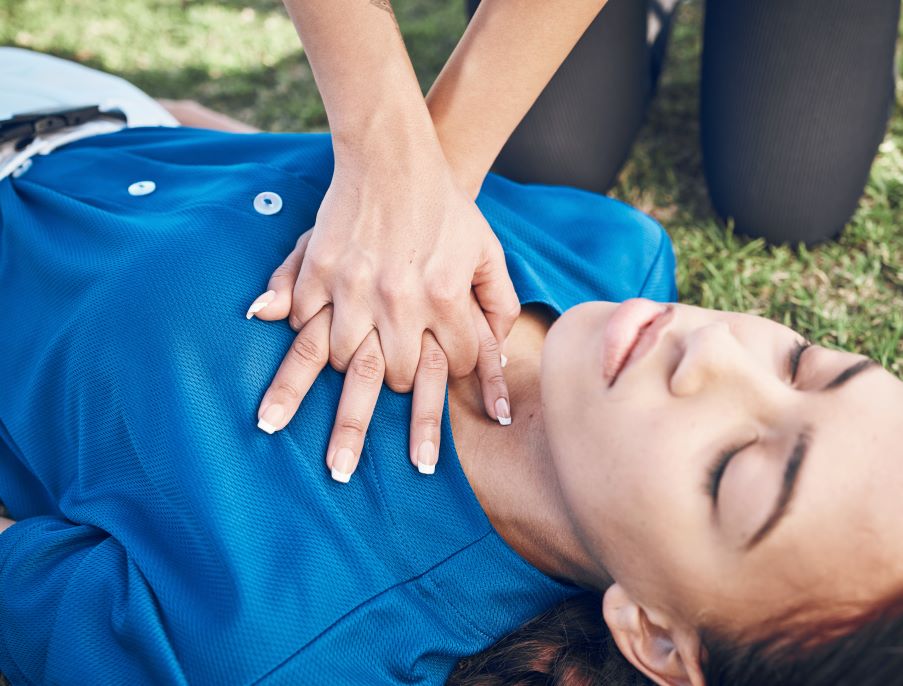
Annually, a significant number of injuries result in severe harm or fatalities, often exacerbated by delayed or inadequate emergency responses. A key factor in the survival of these victims is the immediate action taken by those nearby. Emergency first aid response, including basic life-support measures provided by bystanders, even before emergency services arrive, can significantly increase a person’s chances of survival, effectively doubling it in many cases.
The current state of first aid preparedness in Australia raises concerns. Survey data indicates that only about 5% of Australians are trained in first aid, a figure that is notably low in comparison to global standards. This statistic underscores a critical gap in the country’s readiness to handle medical emergencies. Moreover, a recent study shows that although approximately 74% of Australians have received first aid training at some point, only 36% have updated their training in the last three years.
This suggests a decline in the maintenance of first aid skills and knowledge among the Australian population. These findings highlight the urgent need for more widespread and updated first aid training, to enhance the ability of individuals in Australia to respond effectively in emergency situations and potentially save lives.
Reducing the Severity of Injuries
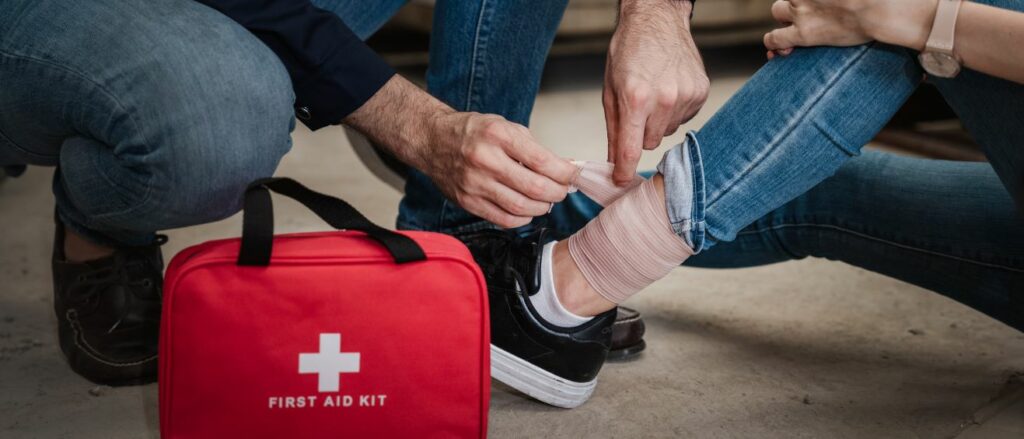
While the instinct to immediately assist an injured person is natural, approaching them without the ability to provide effective aid may not be beneficial. Conversely, with first aid training, you are equipped to evaluate the situation and implement the necessary steps to address the patient’s trauma, pain, or injuries, thus discerning the severity of the situation.
For example, in cases of minor injuries like superficial skin abrasions, your first aid knowledge allows you to apply simple yet effective treatments, such as applying pressure to manage bleeding, which could negate the need for hospitalisation. This demonstrates how foundational first aid skills enable you to provide immediate care.
In more severe cases, your training becomes even more crucial. You can administer first aid to prevent the situation from deteriorating further, providing temporary relief and reducing the patient’s suffering until professional medical help arrives.
Moreover, effective first aid can contribute to shorter recovery times for the patient. When emergency services arrive, your ability to convey accurate information about the patient’s condition forms a vital link in the chain of survival, potentially preventing long-term damage or even fatalities.
Increasing Workplace Safety and Preparedness
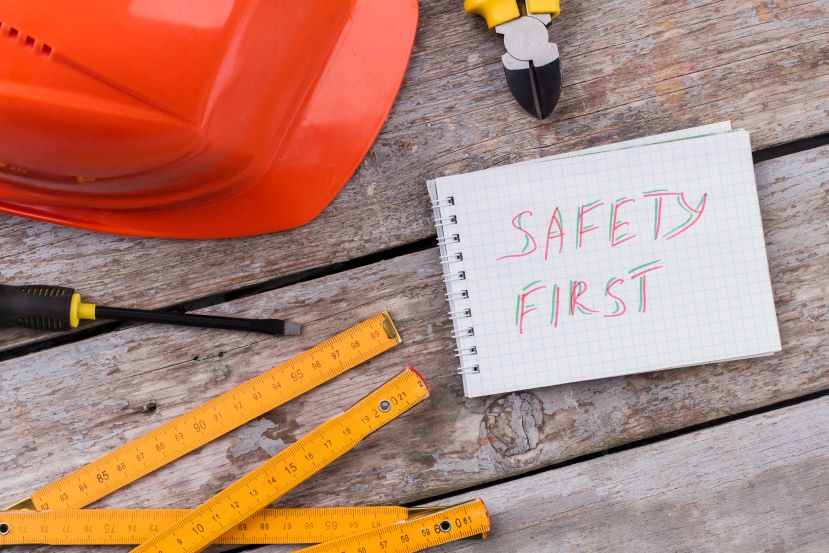
Workplaces are common settings for injuries and health emergencies. Knowledge of first aid among employees creates a safer working environment, as it ensures that immediate help is available, reducing the impact of any injury, potentially saving lives and boosting workplace morale.
In the workplace, while first aid does not replace professional medical care, it is crucial for maintaining employee safety until they can access comprehensive medical treatment. It involves immediate intervention to manage and stabilise an employee’s condition during the critical period before medical professionals arrive. First aid training equips individuals with the confidence and skills needed to respond quickly and efficiently in emergency situations, thereby boosting their capacity for immediate action.
Employers have a responsibility to ensure the provision of medical and first aid resources that align with the specific hazards of their work environment. This responsibility extends to organising and executing effective first aid training, which is a fundamental component of successful safety programs in the workplace.
Empowering Individuals and Communities
In the words of the poet, the Australia we love is a land of “droughts and flooding rains,” subject to regular, extreme weather events, which result in what we call ‘natural disasters.’ These are often the times when the Australian community shows the best of its character, coming together to give practical help and support to those affected and in need.
Having first aid skills strengthens community bonds by instilling a collective sense of care and responsibility. It encourages individuals to look out for one another and be prepared to assist in times of need.
First aid training instills confidence and resilience, enabling individuals to remain calm and effective in emergencies. This confidence not only benefits the individual but also the community, fostering a sense of responsibility and readiness to help others in the following four main ways:
Gain Confidence Through Knowledge
Empowerment often comes from knowledge, a truth that holds especially true in emergencies. By equipping yourself with even the basics of first aid, you’re prepared to handle various situations, from minor to severe.
Through your training, you’ll acquire skills to empathise with a patient’s pain, gather critical information about their condition, and take appropriate action. This not only boosts your confidence to handle potential future injuries for yourself or others but also instills a sense of self-reliance.
First aid knowledge is a lasting asset, enhancing your skill set and readiness for various situations. It empowers you to act decisively and confidently, whether in personal scenarios or as a volunteer at local events or in community response units.
You’ll Maintain Composure in Emergencies
Feeling overwhelmed and panicked in a critical situation, particularly when a loved one is in danger, is natural. The regret of not acting effectively in such moments can be profound.
However, with first aid training and related courses, you gain the ability to provide immediate help in emergencies. This knowledge helps you to maintain composure, assess the situation accurately, and identify the necessary actions. Remembering simple acronyms taught in these courses can guide you in applying effective first aid techniques.
Crucially, your ability to remain calm under pressure not only helps you think clearly and administer the right treatment but also instills trust and a sense of security in the patient, which is vital until they receive advanced medical care.
Develop Ingenuity
Gaining first aid knowledge enhances your ability to utilise first aid kits effectively and to improvise in situations where full equipment is not available. This skill is invaluable because accidents can happen anywhere, at any time. While carrying a first aid kit is ideal, there may be instances where it’s not accessible.
For example, in a scenario where someone suffers burns or cuts, your ability to creatively use everyday items can be crucial. You might find yourself in another person’s home, needing to adapt and use household items as makeshift first aid tools to alleviate pain or discomfort.
We have seen that training for such scenarios helps you remain calm during real emergencies. This practice develops your capacity to think creatively, utilise available resources to the fullest, and find effective, temporary solutions to medical incidents and emergencies.
Dependability Through First Aid Skills

Possessing basic first aid knowledge makes you a reliable source of immediate care, providing reassurance to those around you. This becomes particularly crucial when traveling to remote locations with your family, where emergency response might not be readily available. Although emergency teams are generally prepared for contingencies, being ready to handle unexpected situations is always beneficial.
Having the skills to potentially save your family in an emergency brings a sense of peace of mind. It allows you to concentrate on other aspects of your trip, knowing you’re equipped to handle urgent medical situations. Additionally, this basic understanding of first aid cultivates a sense of responsibility towards ensuring the safety of those around you.
Ultimately, possessing these skills creates a safe and trusting environment, where your family and community can rely on your knowledge and abilities in times of need or crisis.
Enhancing Personal Health and Safety Awareness
A fundamental lesson in first aid training is the emphasis on prioritising your own safety. This approach is not about being self-centered; it’s a practical necessity. By ensuring your own safety first, you position yourself to effectively assist others instead of becoming another person in need of help.
Additionally, first aid training often includes education on leading a healthy lifestyle. You’ll learn how your daily habits and choices can either increase or decrease the risk of health issues, like coronary heart disease. This knowledge not only heightens your awareness of personal health but also makes you more vigilant about the risks in your environment and community.
In Conclusion
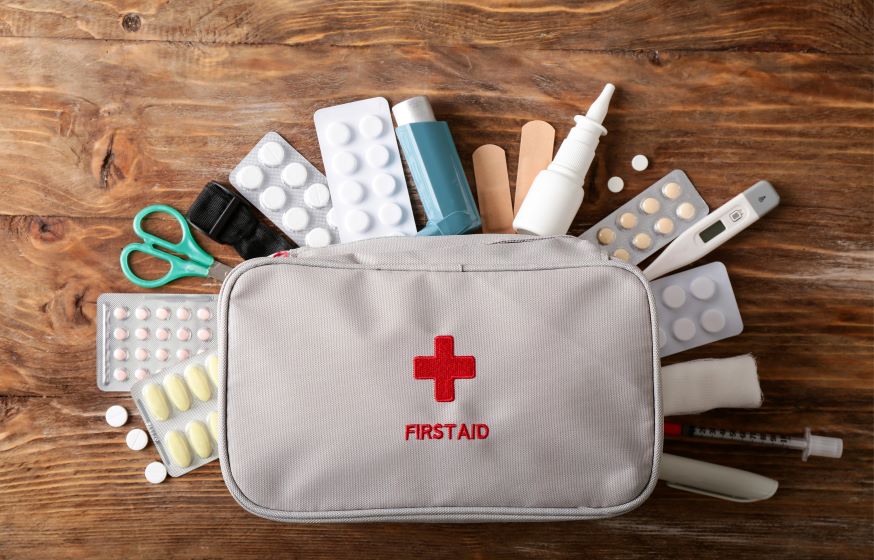
Understanding and acquiring basic first aid knowledge is not just a skill, but a fundamental necessity in a world filled with uncertainties. As we have explored, the benefits of first aid knowledge extend far beyond personal safety, positively impacting workplaces, communities, and individual confidence in emergency situations. From enhancing personal health awareness to providing life-saving interventions, the power of first aid training is undeniable.
For those ready to embrace this vital skill, First Aid Pro Brisbane offers comprehensive, nationally recognised first aid courses, suitable for all levels of experience. With experienced trainers and same-day certification, the journey to becoming a confident first aid responder is just a course away.
Don’t let hesitation hold you back. Enroll in a first aid course at First Aid Pro Brisbane today and take a significant step towards becoming a more prepared, capable, and resilient individual, ready to make a difference in any emergency situation.
